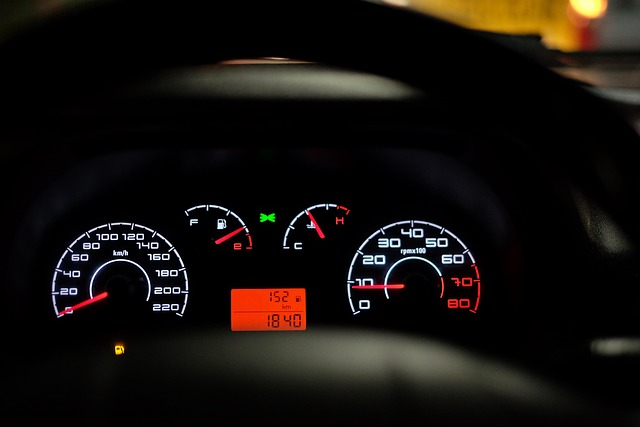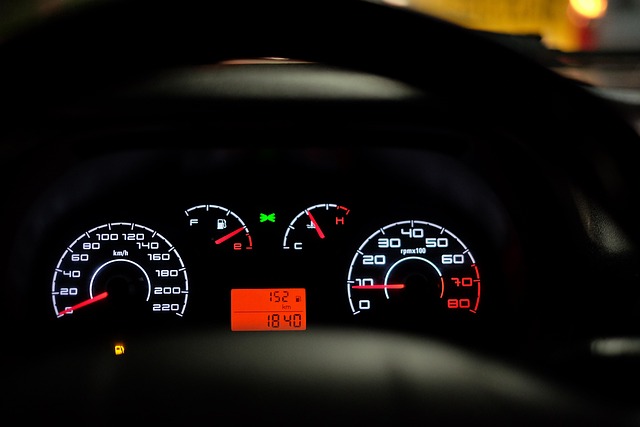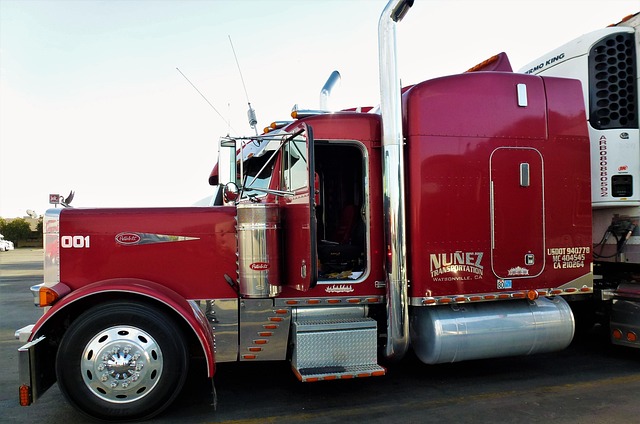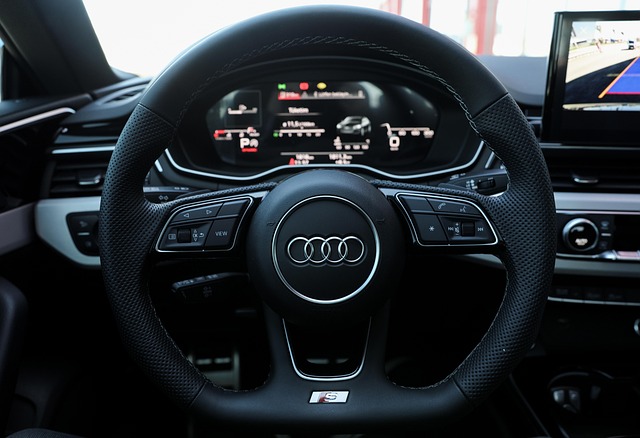Learn how to register your car in California with our comprehensive guide. This step-by-step process covers everything from understanding essential requirements, gathering vital documents, and ensuring your Vehicle Identification Number (VIN) accuracy using a reliable VIN verifier. We’ll walk you through choosing the right registration type and submitting your application along with associated fees. Simplify the process today!
- Understand California Car Registration Requirements
- Gather Necessary Documents for Car Registration
- Verify Vehicle Identification Number (VIN) Accuracy
- Choose an Appropriate Registration Type in California
- Submit Application and Pay Fees for Car Registration
Understand California Car Registration Requirements

Before registering your car in California, it’s crucial to understand the state’s specific requirements for vehicle identification number (VIN) verification. The VIN is a unique code that identifies your vehicle and plays a critical role in the registration process. In California, this verification typically involves ensuring the VIN matches the vehicle’s actual make, model, and year. This step is essential to prevent fraud and ensure safe roads for all.
Additionally, you’ll need to confirm that your car meets safety standards set by the state. This often includes a safety inspection conducted at an authorized location, though some areas offer alternatives like mobile VIN verification or mobile vin inspection services, providing convenience and flexibility during the registration process.
Gather Necessary Documents for Car Registration

Before you start the registration process, make sure to gather all the essential documents required by the California Department of Motor Vehicles (DMV). One crucial document is the Vehicle Identification Number (VIN) verification report. You can obtain this through a mobile vin verifier or by conducting a vin inspection yourself. This process involves checking the VIN on the vehicle’s registration, title, and other identification documents to ensure they match.
Additionally, you’ll need proof of insurance, a valid driver’s license, and the original certificates of title (if transferring ownership). Having these documents ready will streamline the registration process and help avoid any potential delays or issues. Consider using a mobile vin verification service to quickly validate your vehicle’s details before heading to the DMV.
Verify Vehicle Identification Number (VIN) Accuracy

Before registering your car in California, ensuring the Vehicle Identification Number (VIN) is accurate is paramount. A VIN serves as a unique identifier for your vehicle and is crucial for its registration and title. Double-checking the VIN’s validity is essential to prevent any future issues. You can verify the VIN through various methods, including online databases or by contacting the manufacturer.
A mobile vin inspection or verification service might be beneficial if you’re unsure about the process. These services offer convenient, on-demand checks, allowing you to confirm your car’s details quickly and easily. With a simple vin inspection, you can ensure that the VIN is error-free, enhancing the accuracy of your vehicle’s registration in California.
Choose an Appropriate Registration Type in California

When registering a car in California, it’s essential to understand the different registration types available. The choice depends on various factors, including vehicle type and your personal or business needs. One crucial aspect to consider is whether your vehicle requires a standard registration or a specialized one. For instance, classic cars or custom vehicles might need specific documentation for their unique characteristics.
California offers both online and in-person registration options, with the latter often involving a thorough inspection by a vin verifier (or mobile vin inspection). This process ensures compliance with state regulations. Whether you’re registering a new or used vehicle, selecting the appropriate registration type is key to avoiding potential delays. A vin inspection is sometimes necessary to verify the vehicle’s history and identify any issues before finalizing the registration.
Submit Application and Pay Fees for Car Registration

To register your car in California, the next step after gathering all necessary documents is to submit an application and pay the required fees. This can typically be done at a local Department of Motor Vehicles (DMV) office or online through the DMV’s website. The process involves completing an Application for Title and Registration (form DVF 140), which requires providing detailed information about your vehicle, including its make, model, year, and unique Vehicle Identification Number (VIN).
Ensure you have a valid VIN verifier ready, such as a mobile VIN verification service or a physical inspection tool. This step is crucial to prove ownership and ensure the vehicle’s history aligns with the details provided. The DMV will review your application and associated documents, including proof of insurance, before processing your car registration. Once approved, you’ll receive a registration certificate and license plates for your vehicle, allowing you to legally drive on California roads.
Registering a car in California is a straightforward process, but understanding the requirements and gathering the right documents are essential. By ensuring your Vehicle Identification Number (VIN) is accurate using a reliable VIN verifier, you can navigate the registration types effectively. With all necessary paperwork in order and the appropriate fees paid, you’ll be on your way to legally registering your vehicle in no time.



